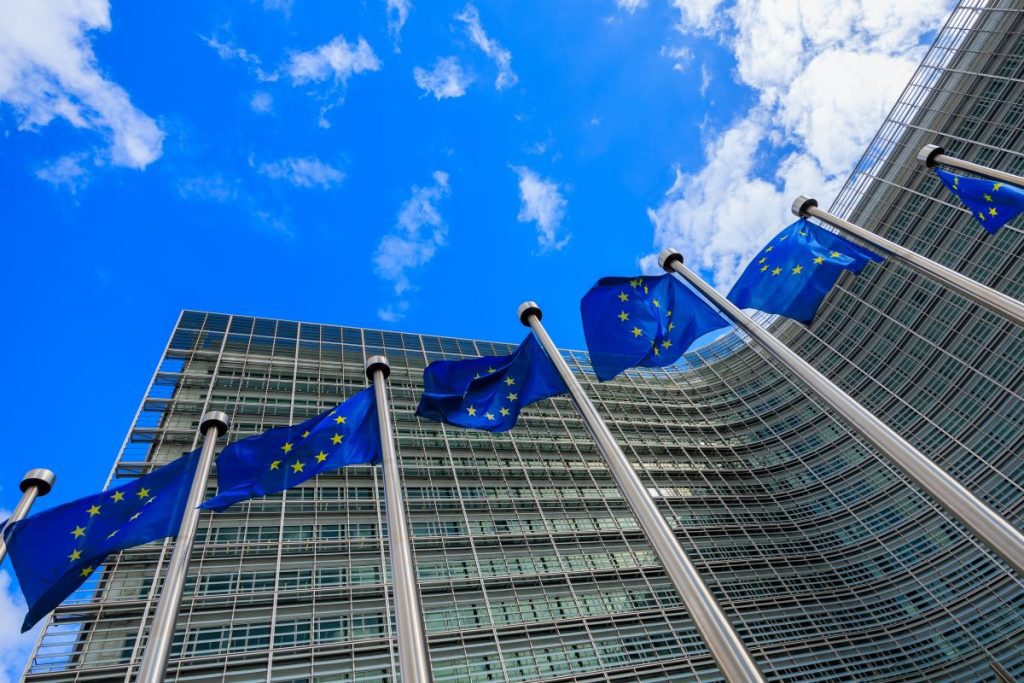
The Commission asks YouTube, Snapchat, and TikTok for detailed information on how their AI profit algorithms recommend content to users.
This request, under the Digital Services Act, is largely centered on determining whether or not the algorithms of these platforms contribute to amplifying systemic risks that may pertain to issues like elections, mental health, and the protection of minors.
Due to particular interest to the commission is how the different platforms are addressing the proliferation of illegal content, from hate speech to the promotion of illegal drugs. That’s part of a broader effort to make the major technology companies accountable for what they show.
In line with this, the European Union is laying pressure on social media platforms to be more open about the influence their recommendation algorithms have on what users see.
EU Seeks Transparency on Algorithm Influence
The European Union called on YouTube, Snapchat, and TikTok to give detailed explanations of how their recommendation systems work, such as how such AI profit algorithms can influence processes like the electoral process, or illegal and harmful content.
In a statement, the EU Commission said the requests “concern the platforms’ measures to mitigate the potential influence of their recommender systems on the spread of illegal content, such as promoting illegal drugs and hate speech.”
Besides that, TikTok is asked to explain in detail the particular steps the platform has taken and is taking related to reducing risks relating to elections and civic discourse, and how it prevents bad actors from manipulating its platform.
The social media companies have until November 15th to provide the information requested. When the responses arrive, European Commission will take a closer look at what more needs to be done. Possible actions against breaching the order might include considerable fines under DSA.
Platforms Face Potential Consequences
The EU previously launched similar proceedings against other tech platforms such as Meta’s Facebook and Instagram, AliExpress, and TikTok for not taking due care in compliance with the DSA. This is a law that puts great demands on major tech firms to do more in trying to stop the spread of illegal and harmful content across their platforms.
The EU has continued pressing for greater transparency and accountability by large technology companies in service of users, particularly minors, who risk becoming victims of unmonitored content recommendation systems.
Inside Telecom provides you with an extensive list of content covering all aspects of the tech industry. Keep an eye on our Tech sections to stay informed and up-to-date with our daily articles.